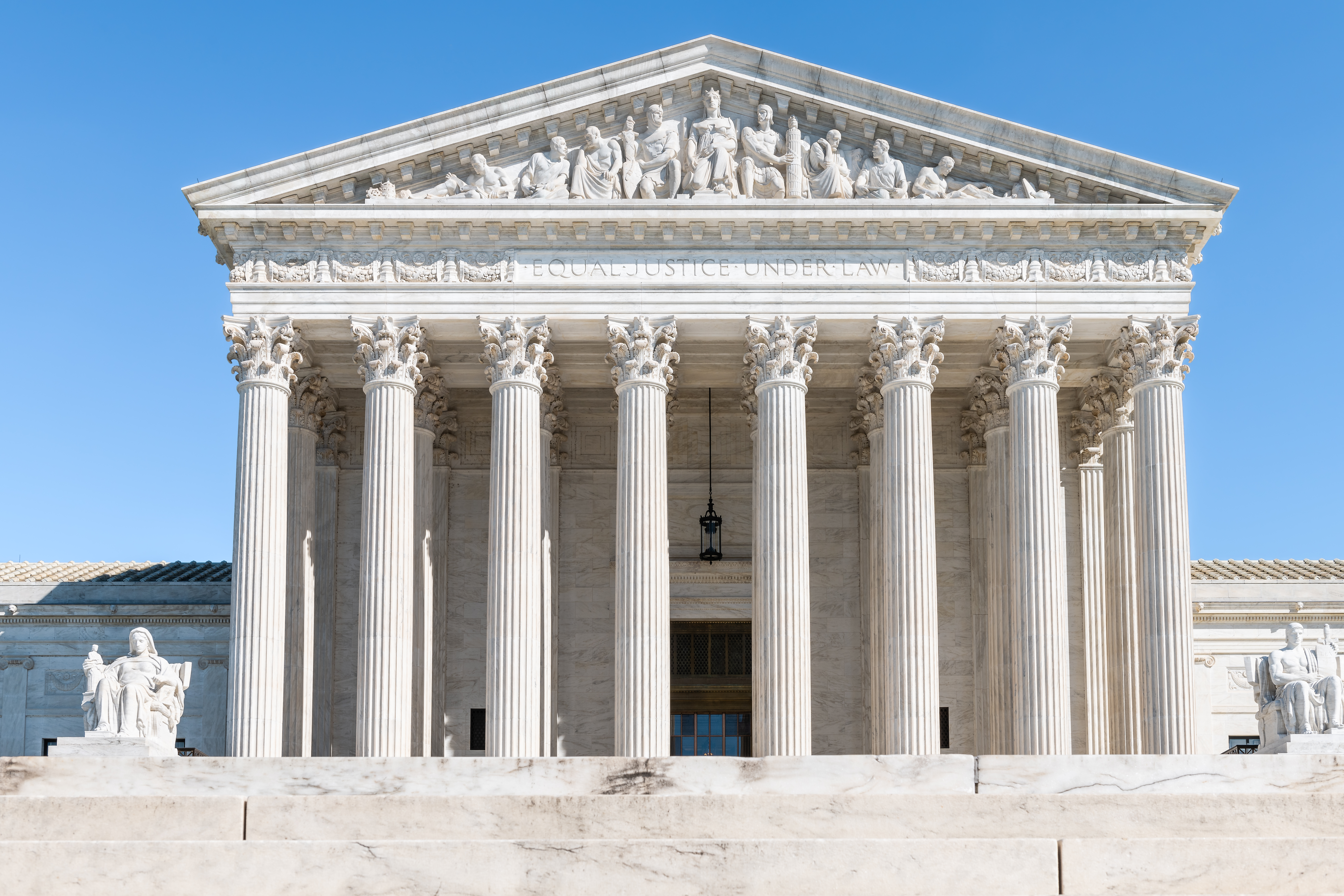Supreme Court to Hear First Ever Section 230 Case

The strange story of how The Wolf of Wall Street case led to the modern internet and why it matters this month
As the internet offers greater reach to citizens’ speech than any time in human history, politicians from Washington DC to Washington state are debating what should be done about the tenor and breadth of online speech – and whether the government should have more control.
A generation after a law that made online commentary possible, long-standing rules of the road online have become a political football. Some think websites should be forced to allow any material a user posts. Others want websites to vet everything we say online.
Later this month attorneys will argue before the Supreme Court over who bears responsibility for online content.
Meanwhile, another discussion echoes in the halls of Washington DC, fueled by disagreements over what material should be online. Republicans are convinced that online services are over-policing content, while Democrats are equally certain websites are doing too little to remove dangerous material.
The anger from both parties directed at each other and websites and apps about online content is escalating, yet there’s limited understanding of the federal law that enables users to communicate online.
As politicians call for changes to a crucial statute sometimes called “Section 230,” it is worth understanding how this short 26-word law paved the way for the internet as we know it. It allows users to not just access information but participate and post millions of pieces of material online in real time. As I recently told CNN, Section 230 is what allows good actors to stop bad actors.
The law was enacted in the wake of legal wrangling surrounding financial fraud by a brokerage firm called Stratton Oakmont, whose story inspired the Martin Scorsese film, The Wolf of Wall Street.
In real life, before Stratton Oakmont’s fraud was known, anonymous individuals tried to blow the whistle online. Comments accusing Stratton Oakmont of misconduct appeared on message boards, including the internet service provider Prodigy. Prodigy billed itself as a “family friendly” site, and its moderators removed comments thought to be inappropriate or uncivil. But Prodigy did not remove accusations about Stratton Oakmont, and the firm sued Prodigy for libel.
If you’ve seen the movie, you know how the Stratton Oakmont story ends: the firm eventually collapsed, leading to criminal charges of fraud and money laundering. But none of this occurred in time for the Prodigy suit: in May 1995, Stratton Oakmont won a preliminary ruling against Prodigy in a New York court. The court pointed to the fact that Prodigy had edited some content, and as a result concluded Prodigy was on the hook for all of it. Every word.
Ill-equipped to litigate a multi-million dollar libel case, Prodigy settled the charges out of court. We’ll never know, but if Stratton Oakmont hadn’t succeeded in silencing criticism with lawsuits, more details of the fraud might have come out sooner. Either way, the message to the internet sector was clear: Prodigy tried to run a family-friendly site, missed a needle in a hackstack, and got punished precisely because it was trying to patrol for bad actors.
Back in Washington, Representatives Chris Cox (R-Calif.) and Ron Wyden (D-Ore.) (now a Senator) thought this was a bad outcome. Had Prodigy simply ignored everything, it would have been better off. For any websites that continued to moderate despite the obvious legal peril, everything even remotely questionable would have to come down, lest a needle in the haystack lead to destructive litigation. Neither was desirable.
Policymakers realized the problem if this ruling became the norm: websites would stop looking for bad content, and stop enforcing rules against dangerous content to avoid lawsuits. This was exactly the wrong result. Websites needed to roll up their sleeves and try to keep their communities safe, they thought, not stick their heads in the sand. To that end, Wyden and Cox pushed for the language of Section 230 to be included in the 1996 Communications Decency Act.
What does Section 230 say?
“No provider or user of an interactive computer service shall be treated as the publisher or speaker of any information provided by another information content provider”
The new law limited legal risks for websites who moderated content, enabling them to seek out and remove potentially dangerous content, recognizing if they on occasion miss something, they wouldn’t be accused of being responsible for the entire ocean of content online. Congress in its wisdom in the 1990s did not want websites to face the choice of sticking their heads in the sand or over-policing content.
Fast forward from the 1990s to the present day: it is an open question whether anger about content moderation decisions that politicians dislike will drive changes to this cornerstone law for the internet. These changes would affect not just one company, but every website across the internet that allows user engagement online.
Section 230 is not the problem; it is what allows websites that support user content to operate.
Calls to punish companies work better as a social media soundbite or fundraising appeal than as policy. If politicians dial up liability risks for the internet, they will be digging a moat around the largest companies that can afford the armies of lawyers needed to fight lawsuits. Smaller websites that enable user content would be hurt the most, and investors would be unlikely to fund startups to compete in a marketplace with so much legal risk.
Thanks to Section 230, internet users can voice opinions online, call out misconduct, and hold those in power accountable – including those like Leonard DiCaprio’s Wolf of Wall Street character. Without this, we risk losing vibrant commentary online and the digital innovation that has made the U.S. internet sector the envy of the world.








